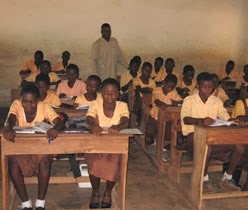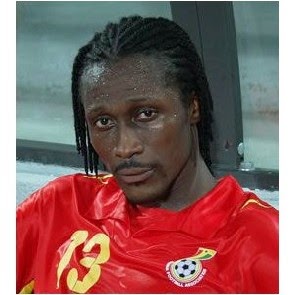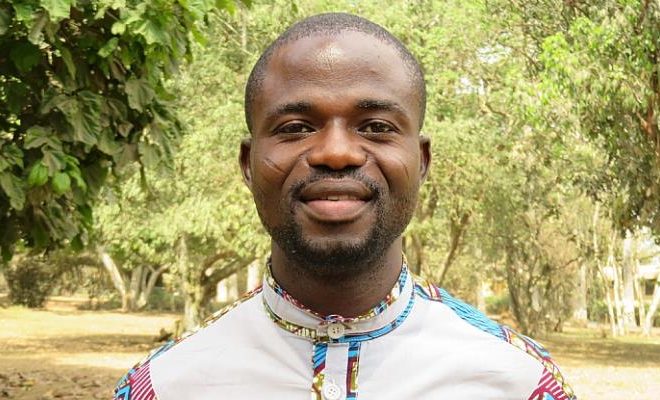Inequity curtails efficient delivery of basic education in Ghana – World Bank

 A new World Bank report has found that
A new World Bank report has found that
inequity is the central challenge facing basic education in Ghana.
According to the report, inequity in terms of education service
delivery and resource allocations undercut the potential contribution
of basic education to Ghana's national development goals.
"Persistent disparities in education service delivery and inequitable
allocation of resources in Ghana lead to highly inequitable
educational outcomes," said the report titled "Basic education beyond
the
Millennium Development Goals in Ghana: How equity in service delivery
affects educational and learning outcomes".
Authored by Peter Darvas and David Balwanz, the World Bank report
noted that these inequities negatively affect system quality,
efficiency and accountability and ultimately undermine broader
national development.
It added, "Wide-spread inequity in education service delivery
significantly depresses
system learning outcomes."
The report identifies a "missing middle" in terms of learning outcomes
stating that "while
a small number of children perform well, the majority of pupils (more
than 60%) pass
through primary school without becoming proficient in numeracy and literacy".
Another report on education in Ghana by the UNESCO released October
16, 2012 shows
that a large population in Ghana can't read a sentence after leaving
school the previous
four years.
"In Ghana, for example, over half of women and over one-third of men
aged 15 to 29
who had completed six years of school could not read a sentence at all
in 2008. A further
28% of the young women and 33% of the young men could only read part
of a sentence,"
it says.
"New analysis of household surveys for this Report shows, however, that far more
children than expected in low and lower middle income countries are
completing primary
school without becoming literate," the UNESCO report adds.
Specifically, the World Bank report highlighted that children from
Ghana's northern
regions and deprived districts, poor and rural households and ethnic
and linguistic
minorities – students who require the most support to meet learning
outcomes – receive,
on average, disproportionately fewer resources from the government
than their peers.
"Systemic inequities create this missing middle and drag down system
performance," it
said.
The World Bank observed that following a decade of rapid change, as of
2013, more
children are attending basic and senior high schools than at any time
in the history of
Ghana. In the past decade, Ghana has realized great growth, progress and change.
Population growth, urbanization and significant GDP growth have
changed the economic,
political and social landscape of Ghana.
According to the report, the introduction of Free, Compulsory,
Universal Basic Education
(FCUBE) and kindergarten has supported a near doubling of basic
education enrollment in
the past 15 years.
Despite delivering basic education and ensuring equity has become more
challenging, the
report found out that recent experience has shown "accelerating
progress toward equity
and quality basic education for all is possible". It said several
recent initiatives in Ghana
point to the possibility of improving equitable resource allocation,
strengthening social
protection and providing additional support to improve learning outcomes.
It cited children with below-average learning outcomes in poorly
resourced environments
are likely to show measurable gains when provided additional support
(e.g. instructional
support, learning resources, management support, demand-side incentives).
The report recommended that government should improve the equitable
allocation and
increase the number of qualified teachers to schools.
It also advised government to increase the expenditure on basic
education and to foster a
culture of innovation and collaborative learning across the country.
Ekow Quandzie|GBN reported



